I believe food is one of the most powerful educational tools imaginable.
That is why it has been the focus of my teaching ever since I first became a teacher. This is especially true during my time as an anthropology and archaeology professor where the focus of everything I taught was on culture. Just think about it – the manner in which we feed ourselves is drenched in everything we are. Our family traditions, religious affiliations, environmental consciousness, socio-economic status, geographic location, and even political views shape everything about how we eat including how we shop, how we cook, and even how we how we order off of a menu. All of it is culture. Food and culture are inseparable and therefore it is an incredible way to introduce students to other cultures through time and place.
But, it doesn’t stop there. The act of cooking provides the opportunity to teach other disciplines as well – history, art, biology, chemistry and math! Remember how many math word problems you had to solve as a kid that were based on cooking examples? And, it doesn’t have to be a five course meal to be valuable. Last week a simple sourdough pretzel lesson reminded me what powerful teaching tool food can be . . .
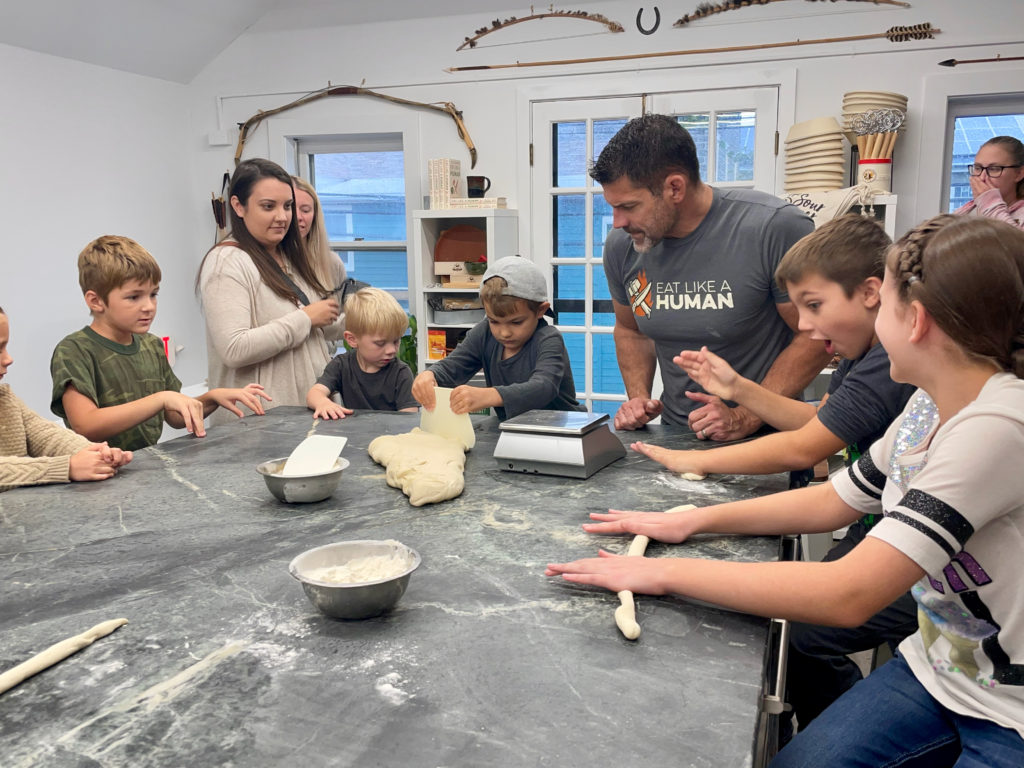
The Power of Sourdough
Last Tuesday, while we were in the middle of hosting a sourdough pretzel making class for a local homeschool group, I had a revelation! While teaching 5-10 year olds how to roll and shape pretzels I was also mentally preparing for a night of studying with Alyssa, our youngest daughter, for a chemistry test she had the next day. What I realized while in the process of making traditional pretzels I was literally acting out almost every one of the vocabulary words Alyssa was supposed to memorize! Talk about an opportunity for a practical lab activity!
Scroll through and check out photos from the class!
Pretzels bring High School Chemistry to Life
I brought all the fixings home, spread them out on the table, labeled everything using post-it notes of her vocabulary words such as solute, solvet, carbohydrate, catalyst, reactant, product, and so on! We even baked one pretzel without dipping it in the lye solution to show what the product looked like without the help of the catalyst!
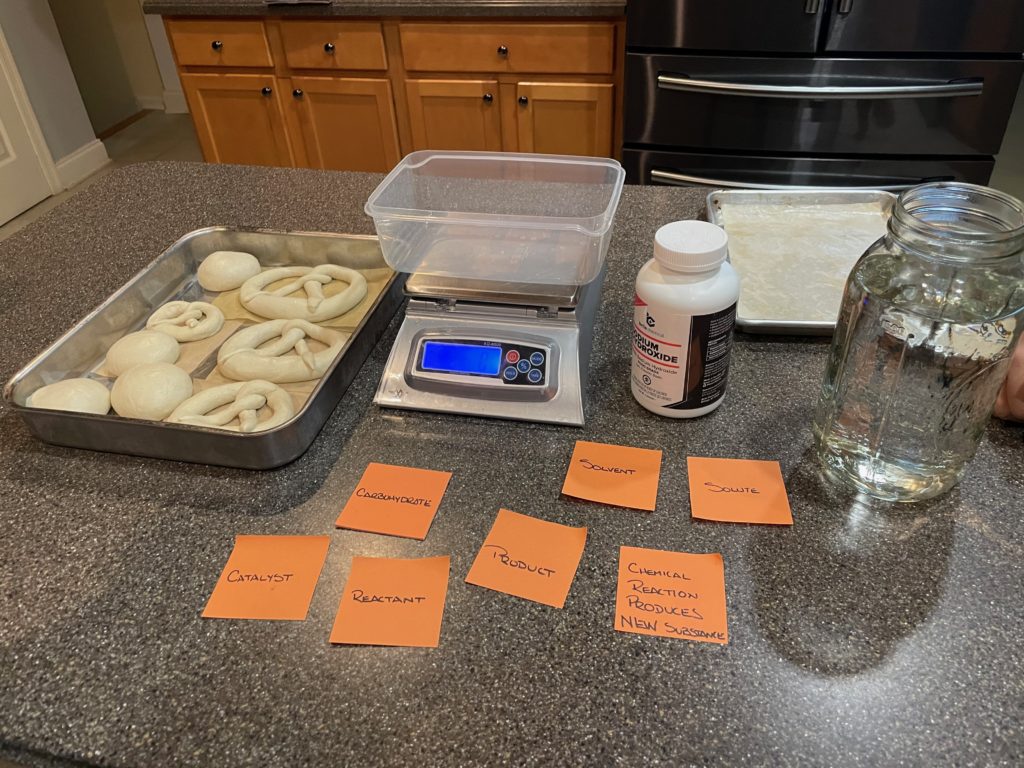
Keeping it Real
This real world laboratory experience was practical, engaging, and memorable. And…she and her brother, Billy, got to eat the results of lab activity when it was all over!
The experience of eating invokes all of your senses (or at least it should – if it does not you need to change the way you eat!). The flavor, aroma, look, feel and even sound of your food stimulates all aspects of your body. Therefore, educational experiences that involve food are more meaningful and, consequently, retention is improved.
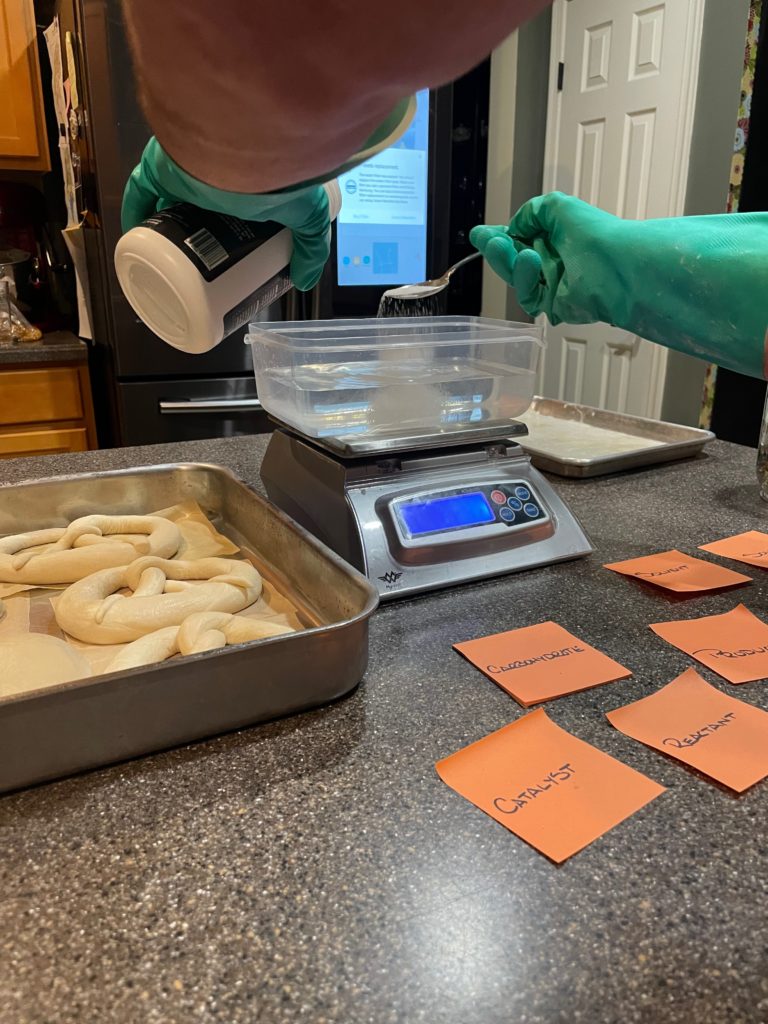
Creating a practical lesson that has educational applications is just one more reason to cook together with your kids. Christina and I are aware of the power too and will continue to create opportunities at the food lab for school groups, kids, parents, and families.
Stay tuned! We are working as fast as we can!
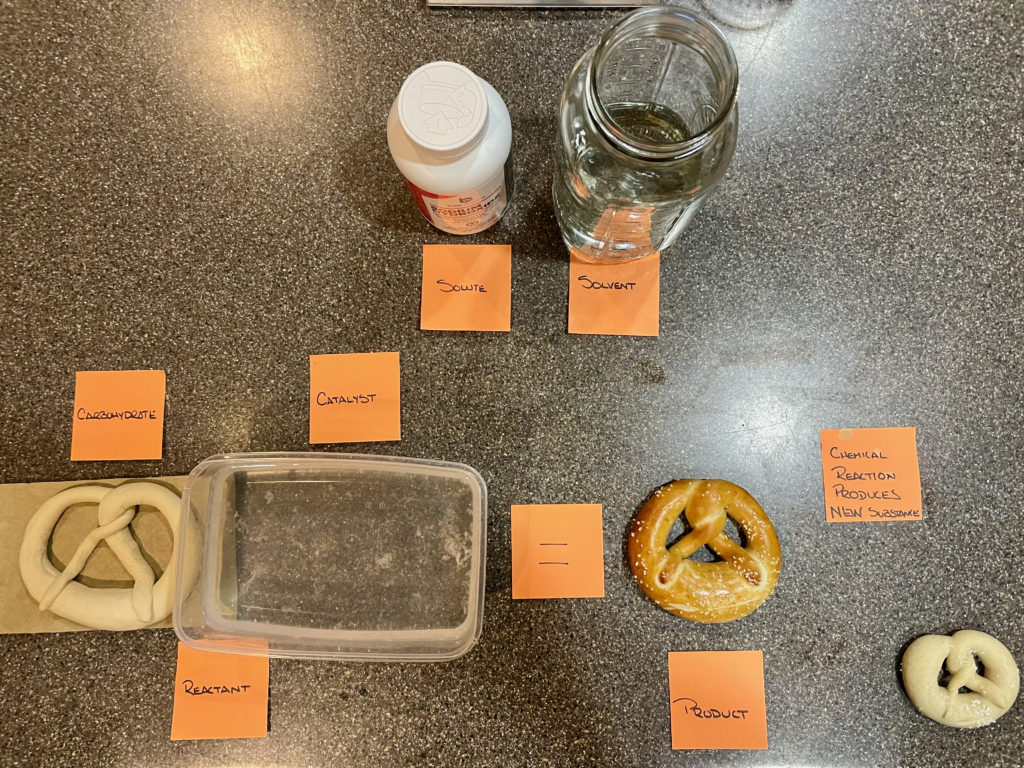
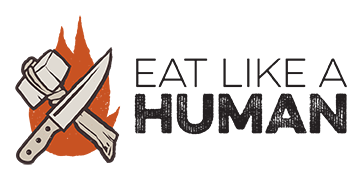
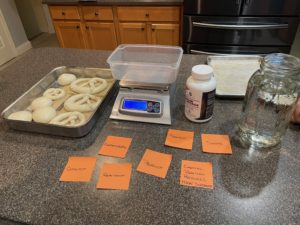
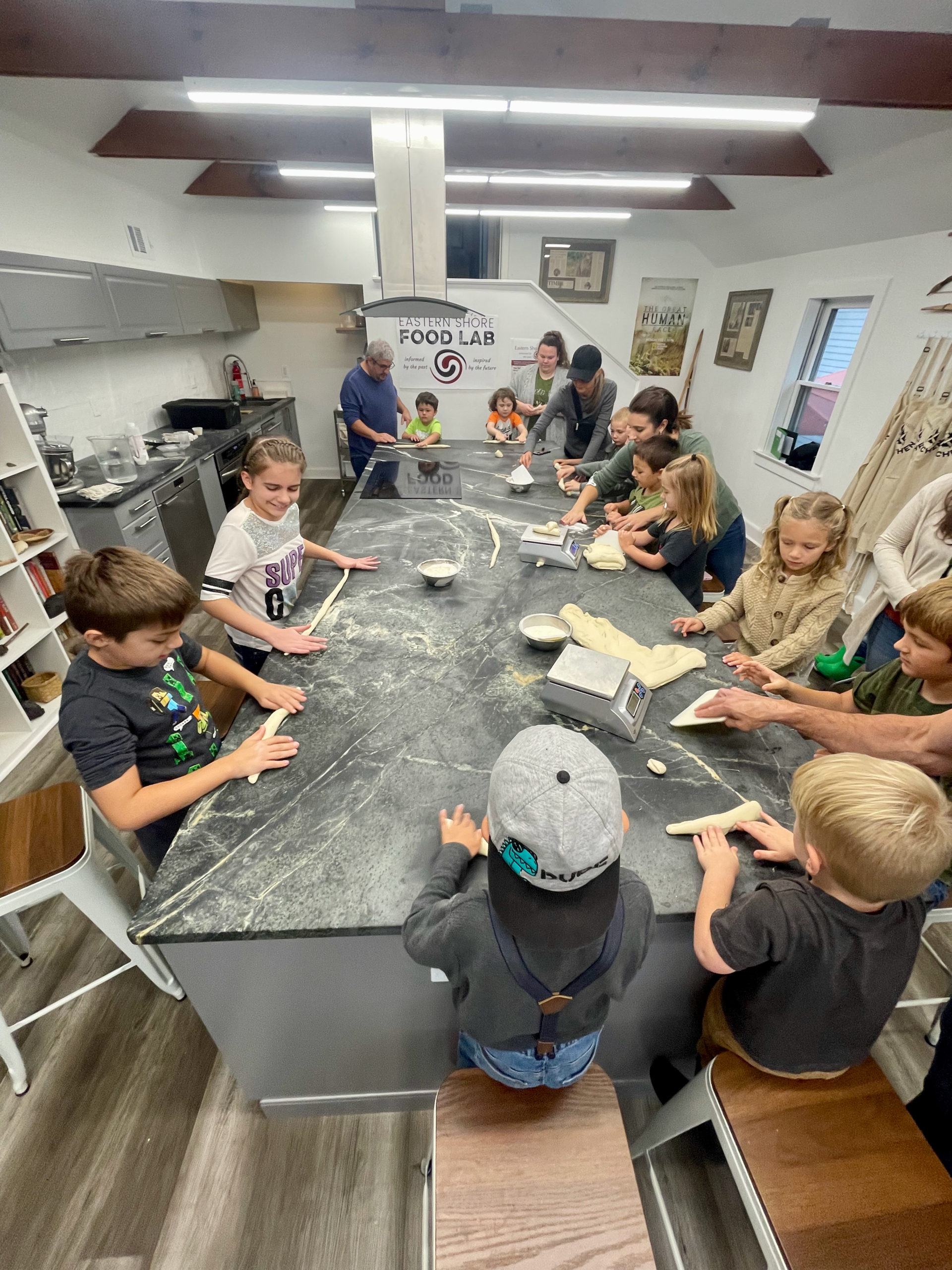
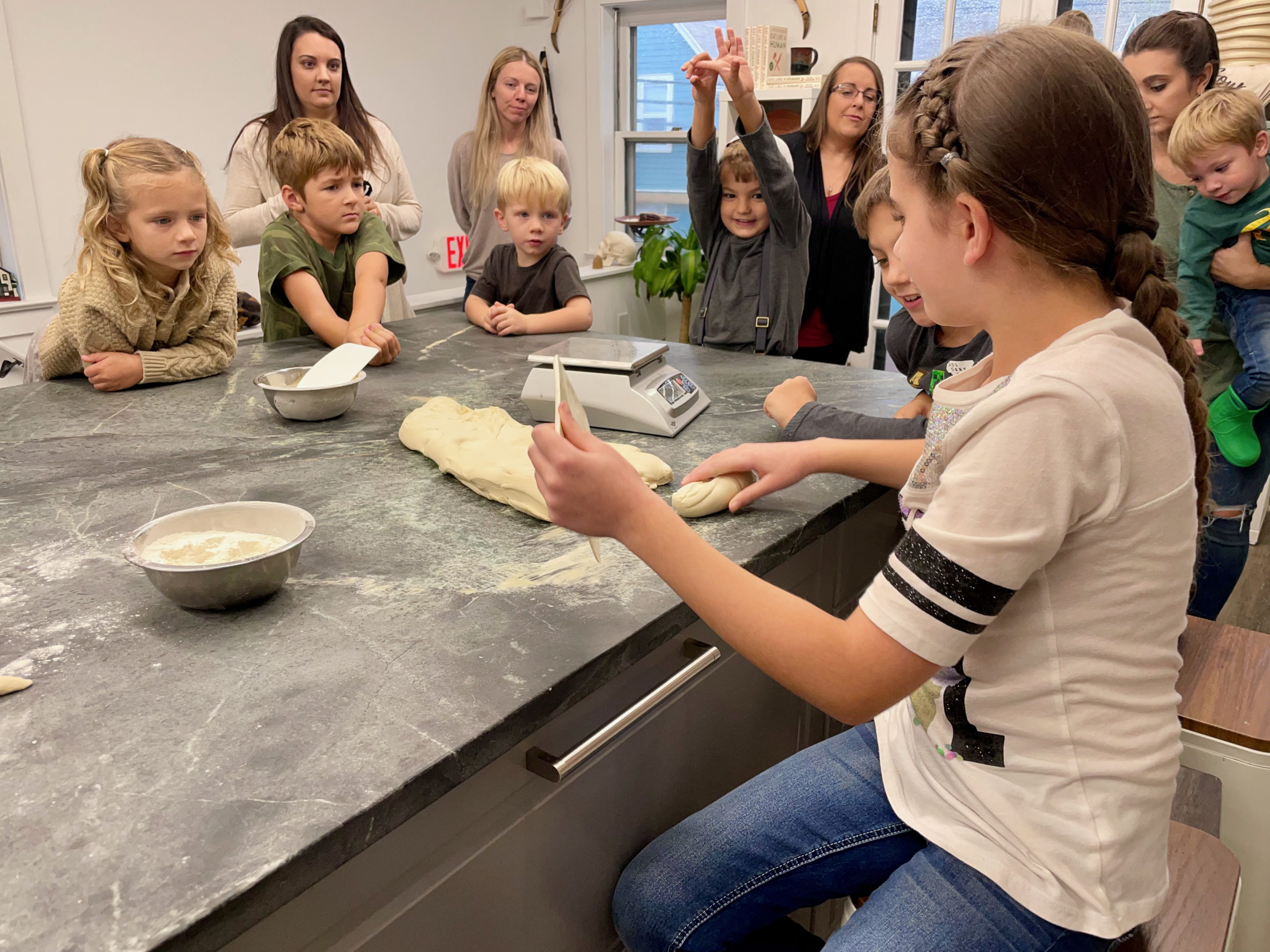
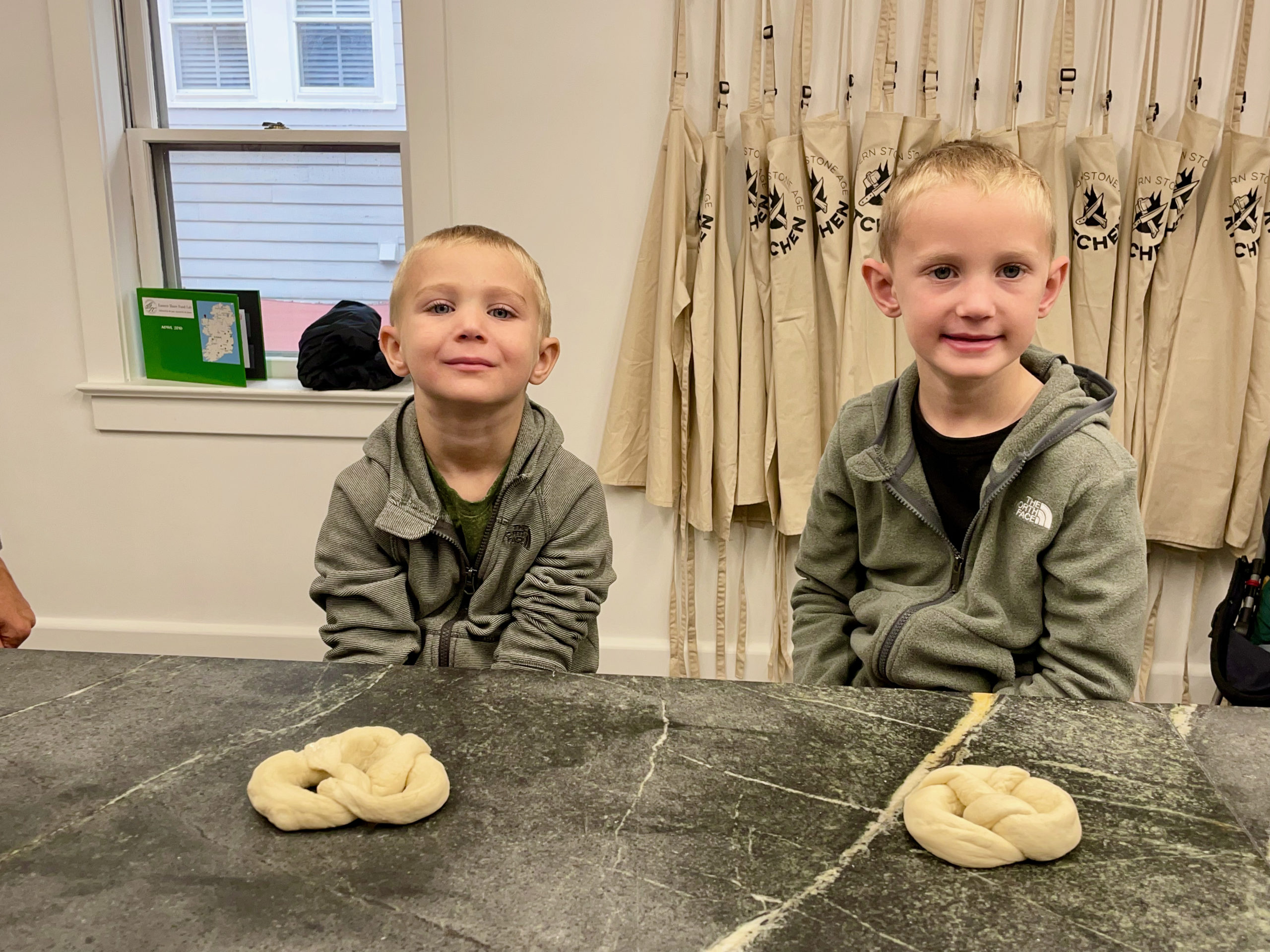
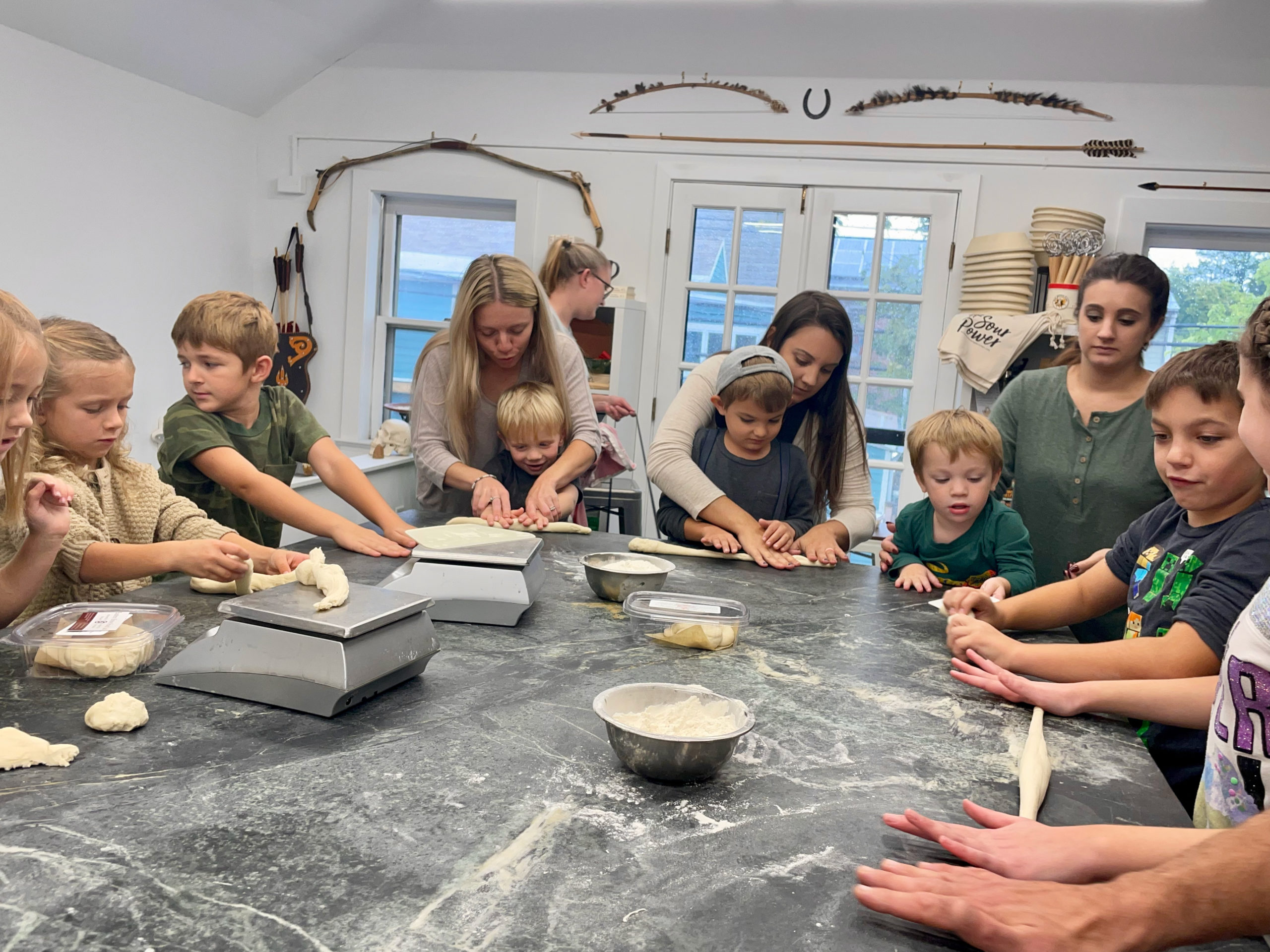
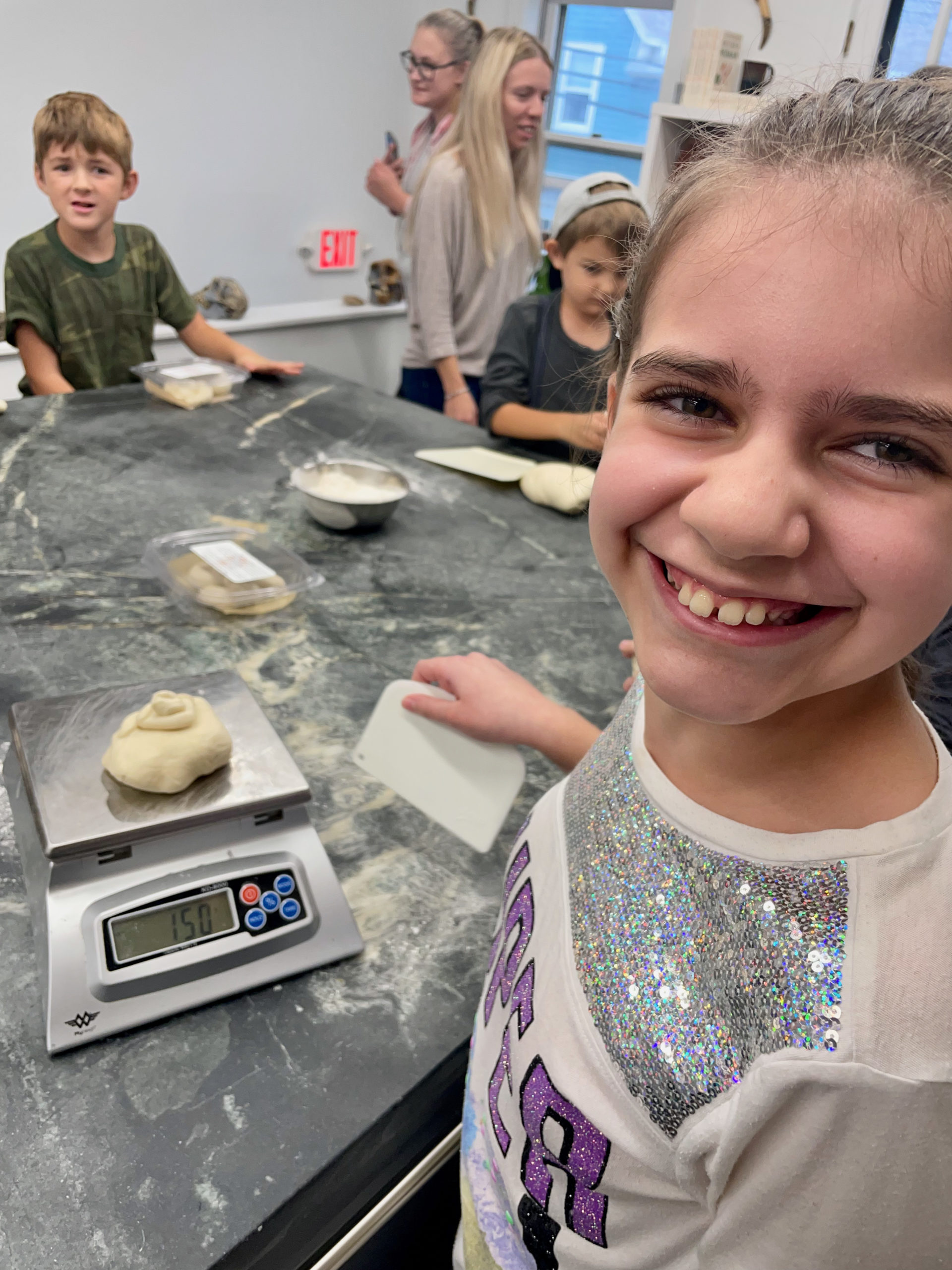
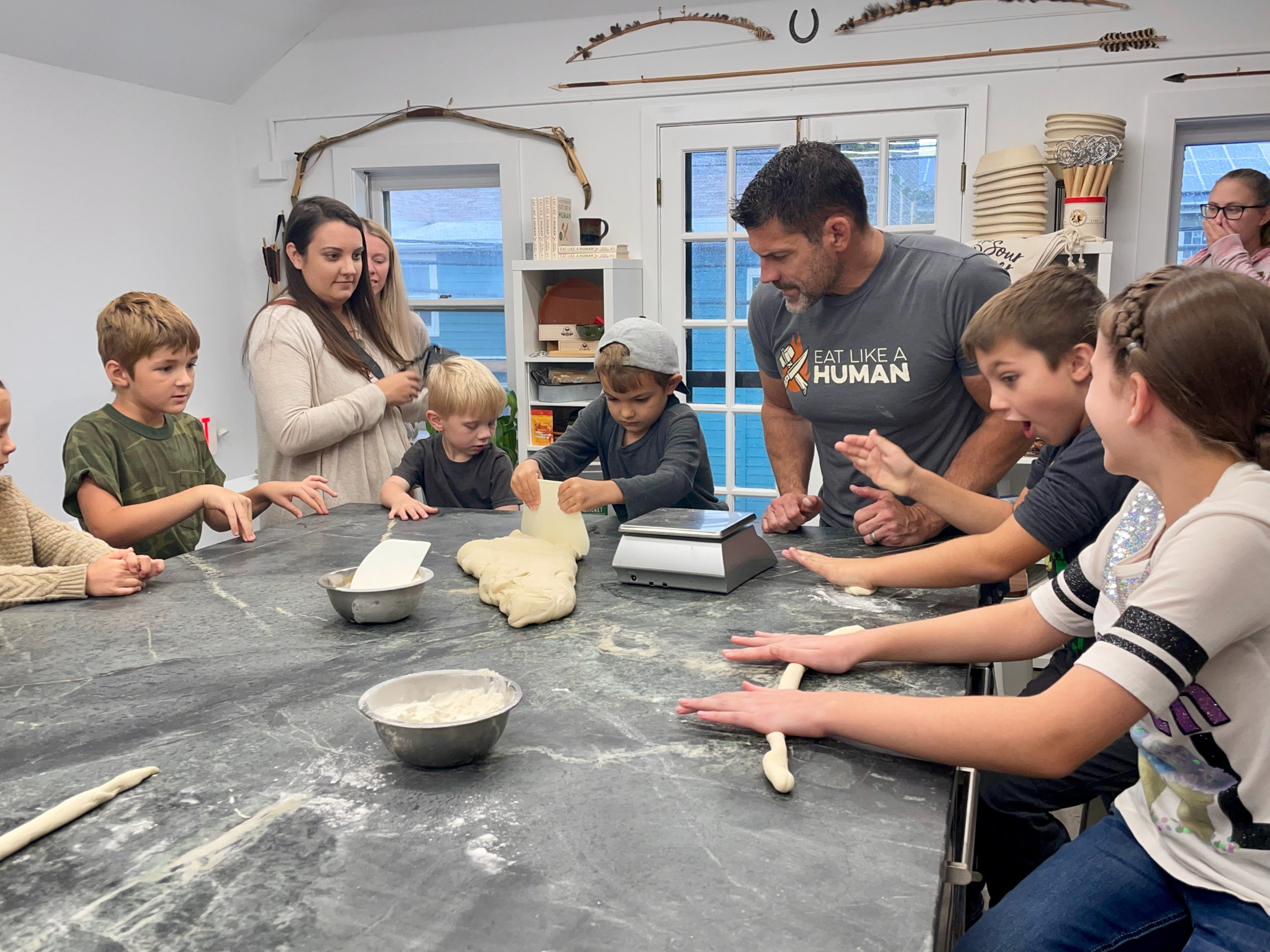
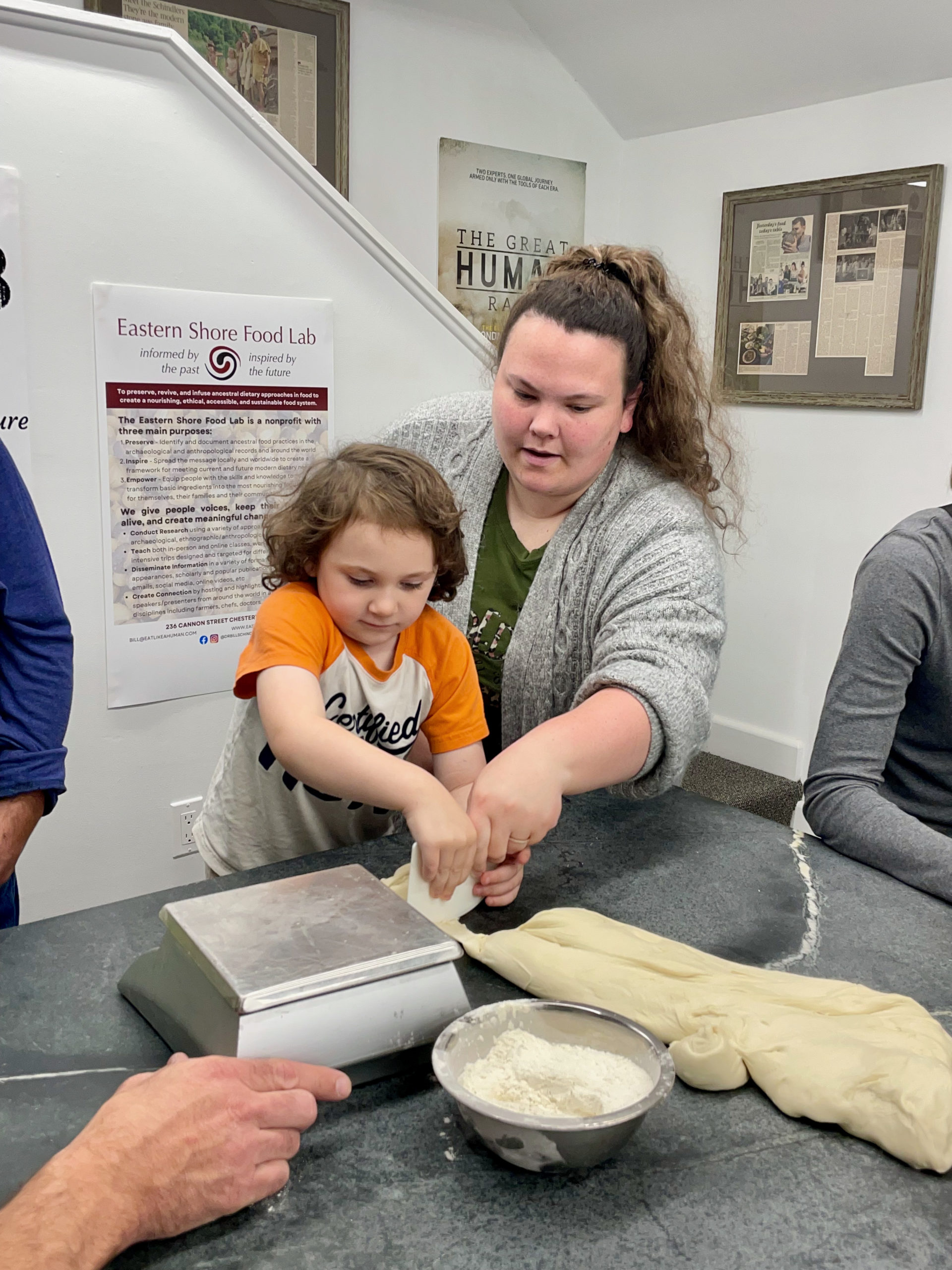
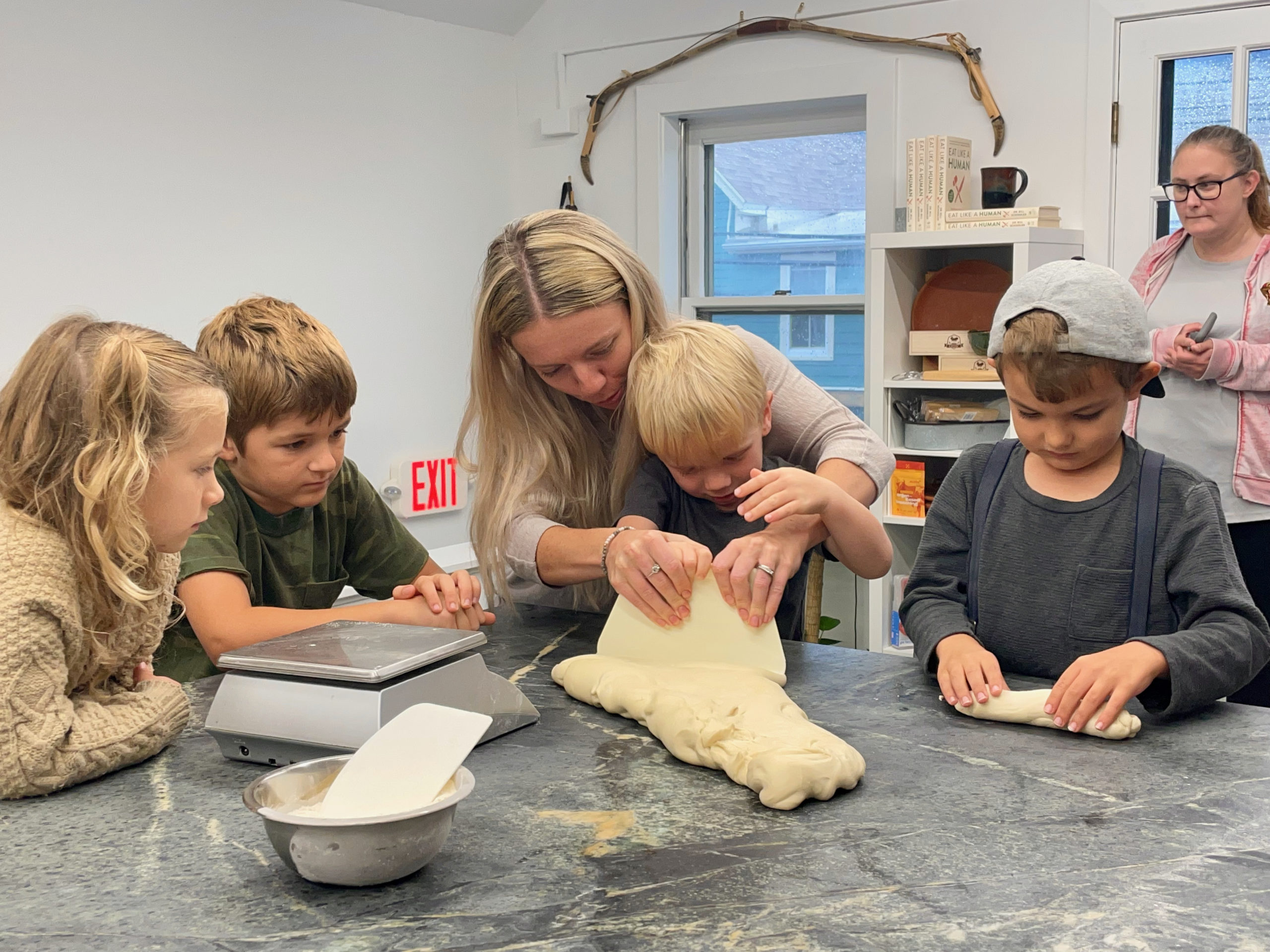
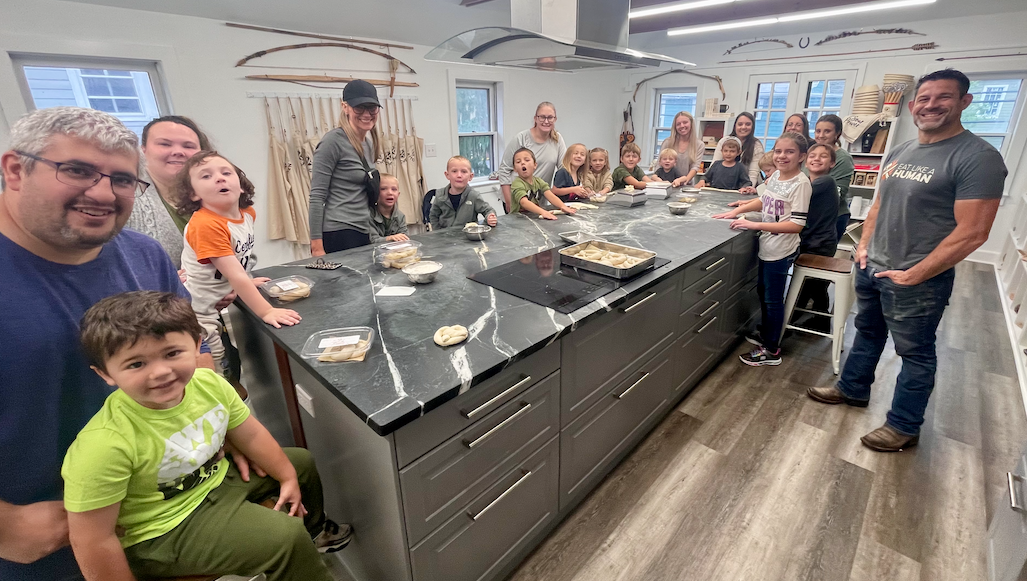
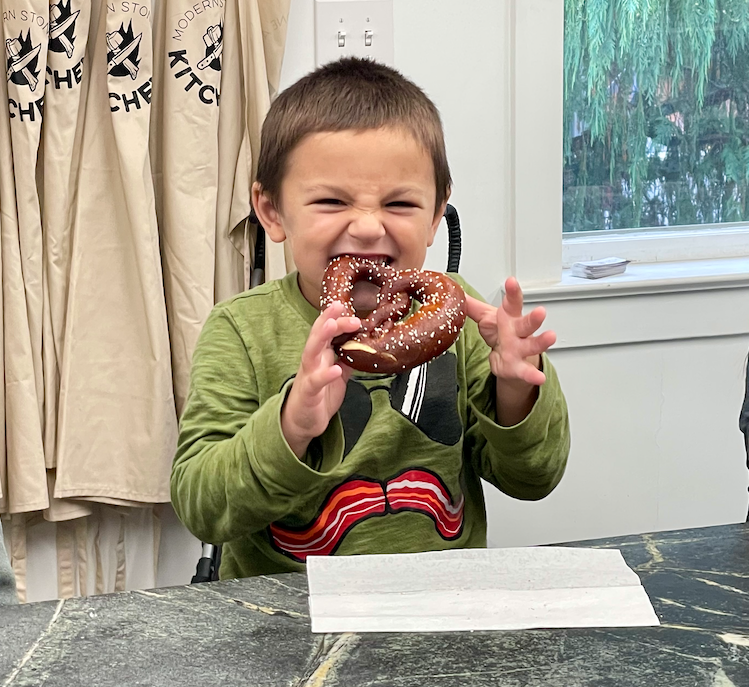
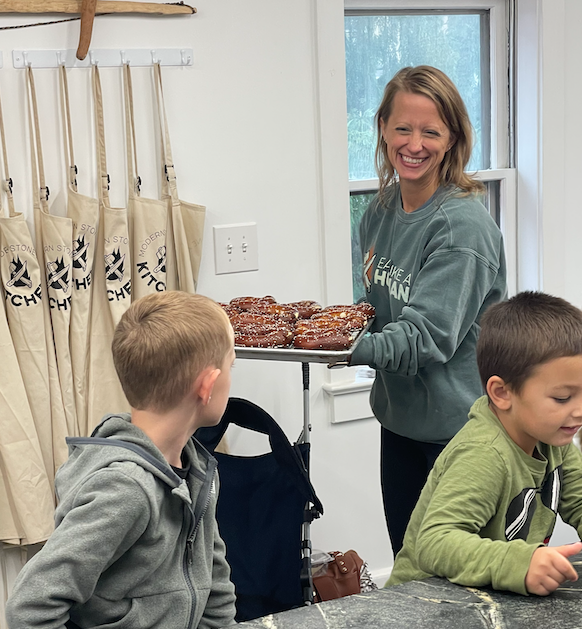
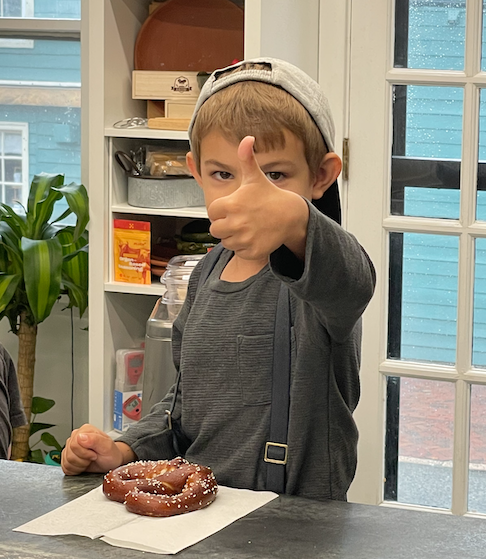
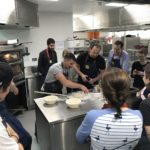
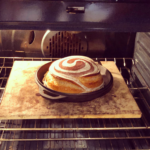
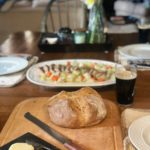
 Why we don’t use almond flour (and never will)
Why we don’t use almond flour (and never will)
Thanks Dr. Bill. Really enjoy your book! insightful, learn alot and improved my health.
Keep up the good work Dr. Bill & family
Greetings from Down Under 💚